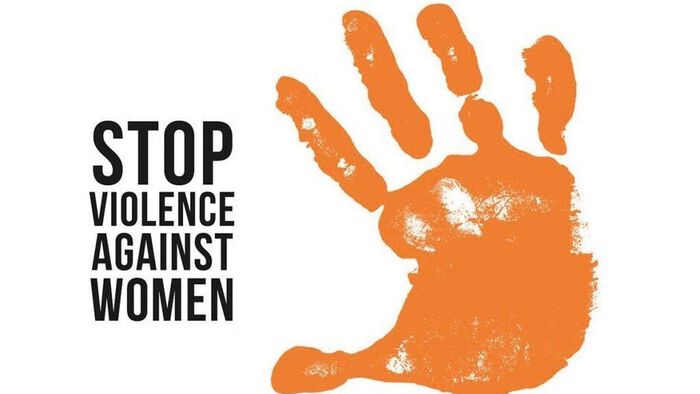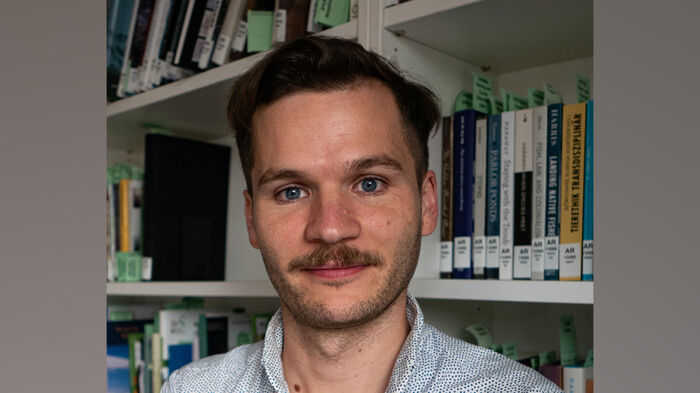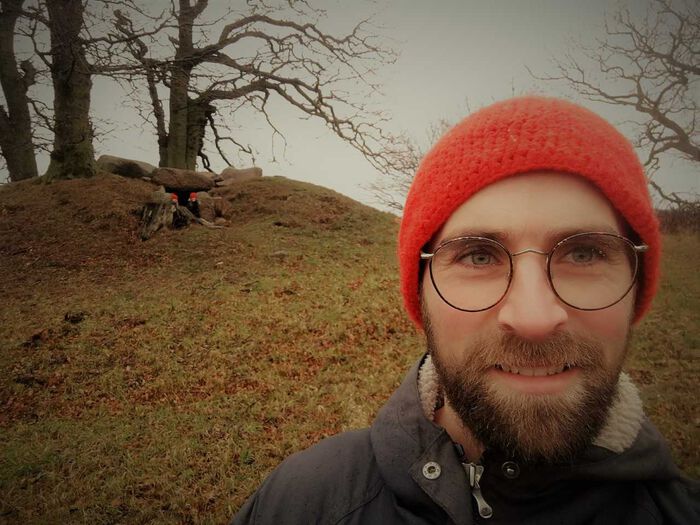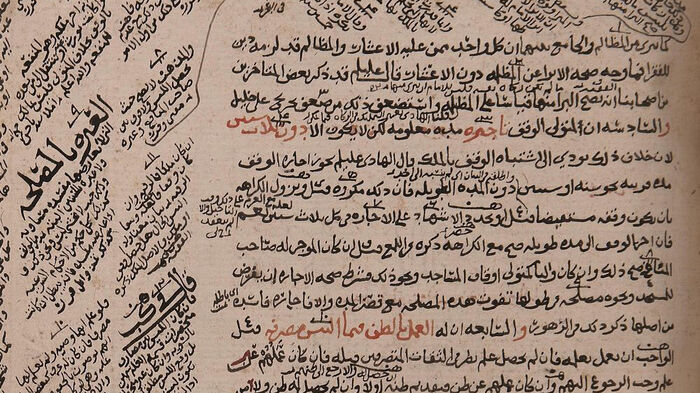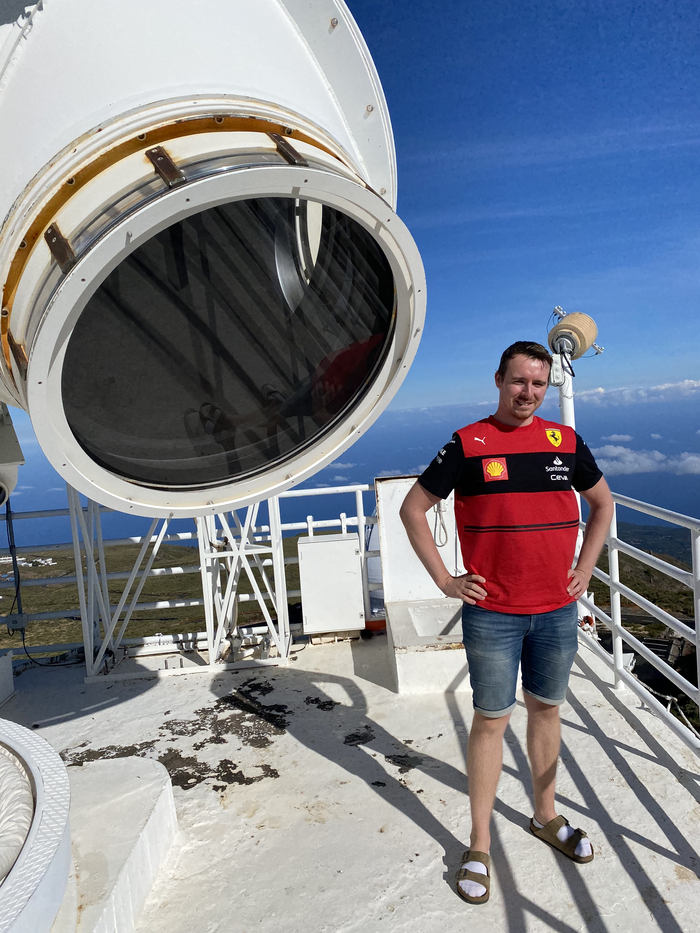Tidligere arrangementer - Side 11
Kjell Lars Berge og Per Ledin holder et innlegg for Forskerseminaret i tekst og retorikk.
Join PRIO and STK for a screening of the film Children of the Enemy and a panel discussion about the needs and rights of children born of war.
C*-algebra seminar by Gaute Schwartz (University of Oslo)
Julie Hansen will discuss Leo Tolstoy's War and Peace and Eugene Vodolazkin's Laurus as examples of translingual literature.
Seminaret unders?ker kj?nnede forestillinger fra polaromr?denes kultur- og vitenskapshistorie gjennom presentasjoner og en panelsamtale.
How do we read novels translingually? What strategies and literary techniques characterise multilingual literary texts? How does multilingual literature (re-)shape the canon? What metaphors do bilingual authors use to conceptualise multilingualism?
At this workshop, we will discuss multilingual writing from Eastern Europe from different theoretical and historical perspectives.
In this lecture, Alexandre de Vitry (Sorbonne) will discuss the concept of brotherhood in literary history
Samtale mellom Tor Ivar ?stmoe som har oversatt boka, idéhistoriker Kristin Gjerpe som har skrevet etterord og Christine Amadou.
A peculiarity of nonlinear hyperbolic problems is that they must be interpreted as limits of second-order equations with vanishing viscosity. Despite not explicitly being present in the hyperbolic case, diffusion is needed, e. g., at discontinuities or to avoid the occurrence of nonphysical states. In the case of gas dynamics, for instance, dissipation corresponds to the production of thermodynamic entropy. To solve hyperbolic problems numerically, one needs to adapt these ideas to the discrete setting. Standard high-order methods, however, do not incorporate the appropriate amounts of artificial viscosity because these need to be chosen adaptively based on the solution. Among the high-resolution schemes capable of doing so are the recently proposed monolithic convex limiting (MCL) techniques [1] to be discussed in this talk. They offer a way to enforce physical admissibility, entropy stability, and discrete maximum principles for conservation laws. These methods can also be generalized to systems of balance laws in a well-balanced manner [2]. In addition to second-order finite element methods, extensions to high-order discontinuous Galerkin (DG) schemes shall also be presented [3]. Numerical examples for the so-called KPP problem, the nonconservative shallow water system, and the compressible Euler equations will be shown. An overview of MCL and other property-preserving methods can be found in our recently published book [4].
Duncan Watts, Postdoctoral Fellow at Institute of Theoretical Astrophysics, University of Oslo.
Professor Kurt Villads Jensen from Stockholm University will be giving a lecture on the concept of the Crusades as pilgrimage.
We prove that (logarithmic, Nygaard completed) prismatic and (logarithmic) syntomic cohomology are representable in the category of logarithmic motives. As an application, we immediately obtain Gysin maps for prismatic and syntomic cohomology, and we precisely identify their cofibers. In the second part of the talk we develop a descent technique that we call saturated descent, inspired by the work of Niziol on log K-theory. Using this, we prove crystalline comparison theorems for log prismatic cohomology, log Segal conjectures and log analogues of the Breuil-Kisin prismatic cohomology, from which we get Gysin maps for the Ainf cohomology.
By Tamara Hiltunen (University of Oulu Finland) and Emmanuel Serrano (Autonomous University of Barcelona, Spain)
Fatima Reda (PhD Fellow, University of Oslo) will give a talk on how teachers and newly arrived Arabic-speaking students utilize digital tools during oral communication tasks in the classroom.
?shild Asp?y er doktorgradsstipendiat i nordisk litteratur ved ILN. I november presenterer hun sitt avhandlingsprosjekt om 1700-talls-poeten C. M. Bellman.
Chiara Gazzini (IFIKK)
Once a month, NCMM invites international guest speakers to present on topics within molecular life science and medicine.
How can research shed light on the pandemic of violence against women, and bring it out of the shadows? How can academia contribute to improved sexual rights globally?
Book presentation with Alessandro Rippa.
Mikhail Spivakov from MRC Laboratory of Medical Sciences London will present on the topic of probing the functional effects of genetic variation at enhancers with 3D genomics.
Archaeological Friday seminar with Lars R?mer from K?benhavns Universitet.
By Khuong Van Dinh, AQUA, IBV
In this CIMs lecture, Dr. Eirik Hovden will give an overview over how to understand changes in Islamic law in institutions, genres and rules, ca. 1200-1800 CE.
Jonas Thoen Faber, PhD student of Rosseland Centre for Solar Physics, University of Oslo.
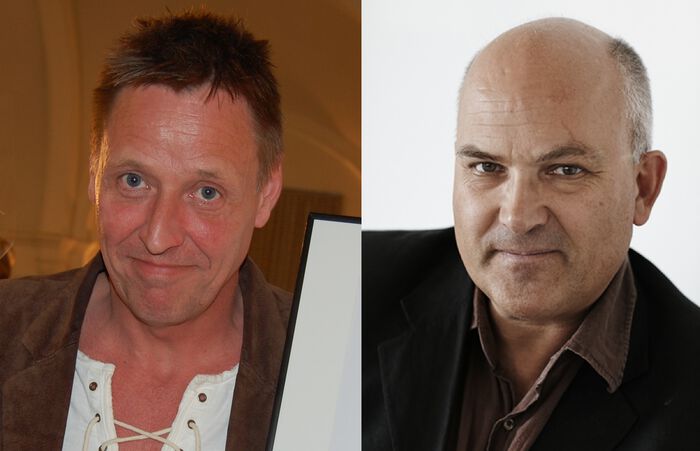
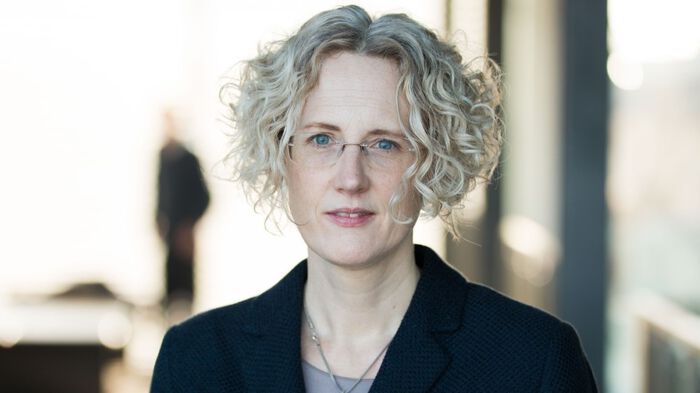

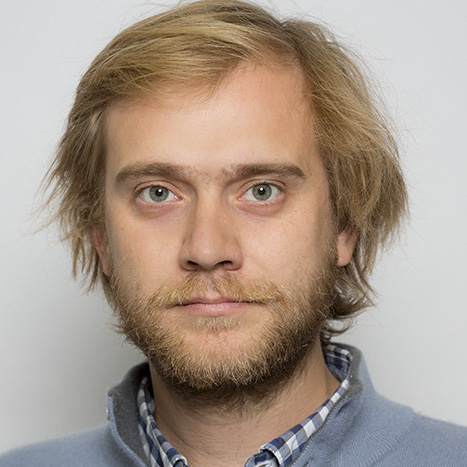
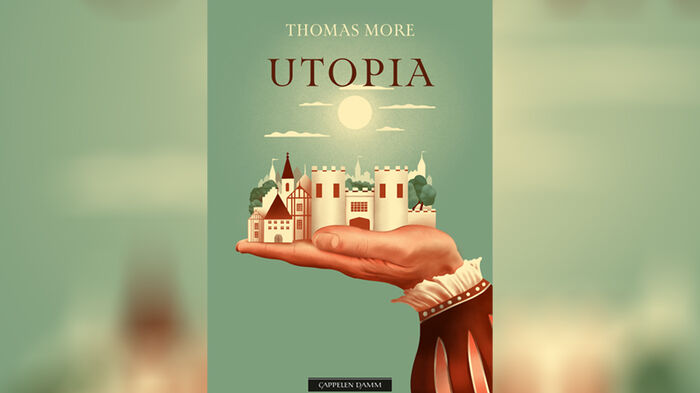
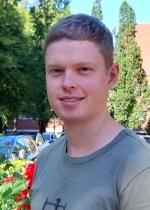
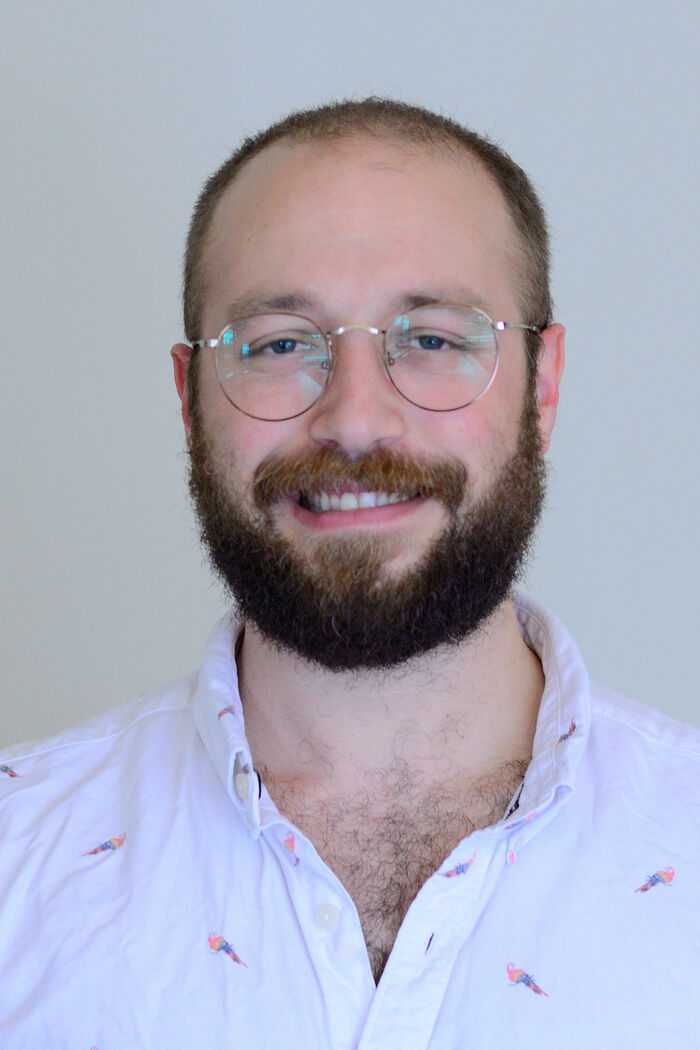

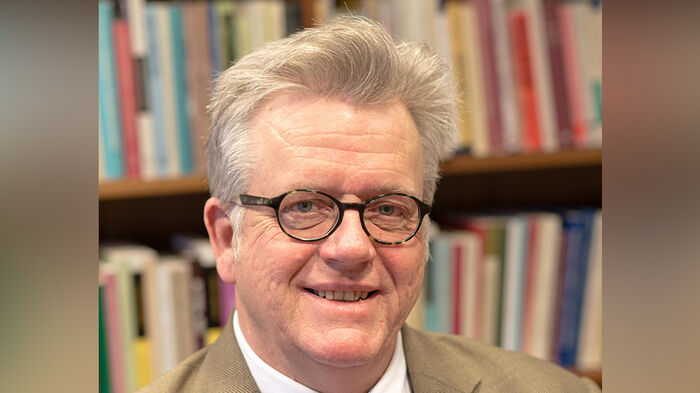
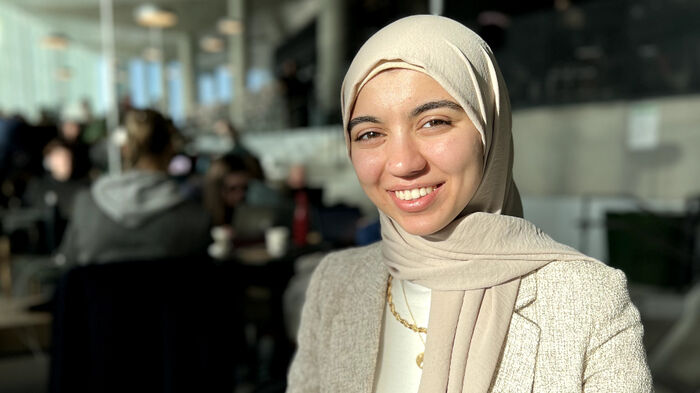
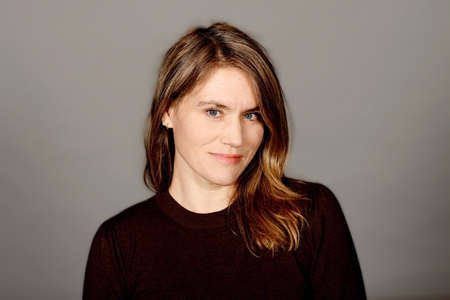
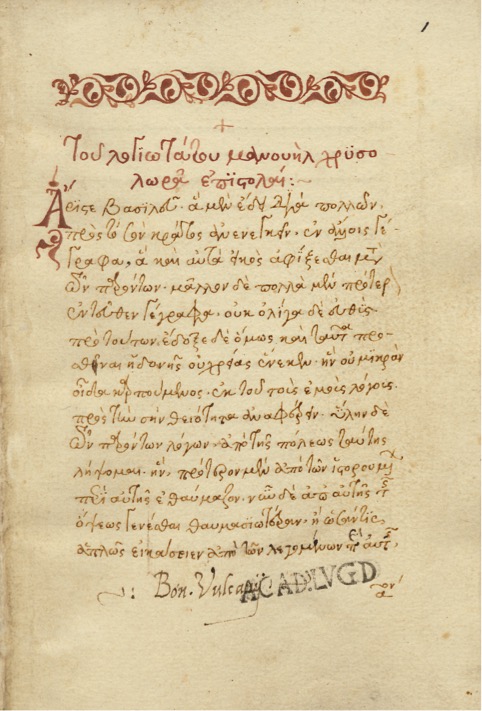
.jpg?alt=listing)
